People like to venture to warmer climes during the winter. Snowbird grandparents flee to Arizona or Florida. Lucky vacationers take planes to anywhere they can find that isn’t covered in snow and ice. College kids escape abroad for their winter breaks. The only downside these individuals can find in traveling to warmer places is that warm weather means mosquitoes. During the winter, at least, they can avoid that particular creature. Right?
Wrong! It’s a popular misconception that mosquitoes die off in the winter. That’s not quite what happens to them. If you’ve ever wondered where mosquitoes actually go when the snow starts to fall, you’re in the right place.
So: where do mosquitoes go in winter?
The answer to this question is different depending on the gender of the mosquito. Male mosquitoes don’t make it past autumn’s leaf fall. Their life span is, on average, no longer than ten days. Females, on the other hand, can survive the winter.
They’re able to do this by going dormant – a state similar to hibernation. They’ll find a safe place like a hollow log, animal burrow, or out-of-the-way corner of someone’s home. Females can remain in this state throughout the winter, for up to six months. Now that you know where mosquitoes are during the winter, you’re probably wondering: what happens when they wake up again?
Is there anything I can do to prevent spring infestations?
In the spring, there aren’t any male mosquitoes around. Unfortunately, however the female mosquitoes waking up usually have eggs to deposit. This makes spring the most dangerous time for people who are wary of mosquito infestations. The females need blood to help their eggs develop, so when the weather warms they wake up and are out seeking blood. How do you prevent them from harassing you and your home?
- Use mosquito repellent outdoors. This won’t prevent infestations. It will, however, help you avoid aggressive biting from female mosquitoes during spring months.
- Use candles when you’re going to be outdoors. Mosquitoes are repelled by certain oils used in outdoor candles. Citronella, clove, cedarwood, lavender, peppermint, and lemongrass are all valid options.
- Remove any standing water from your property. This won’t keep them from biting, but it can help keep them from lingering. Mosquitoes need still, standing water to lay their eggs. Don’t let puddles develop on your property and they won’t have anywhere to infest.
- Clean up random debris. Mosquitoes love standing water, yes, but it’s not the only place they’re willing to lay eggs. They can also make do with especially damp soil or debris with existing decay. This can include piles of leaves, mulch, or decaying woodpiles. Keep your outdoor space clean and free of decay to prevent mosquitoes from calling it their home.
It doesn’t matter the time of year – if you have a mosquito problem, Griffin Pest can help. Give us a call. Our experts can help diagnose and solve your pest problems, mosquito-based or otherwise. Not only can we remove existing infestations, but we can also teach you to better prevent future ones as well.
[cta]

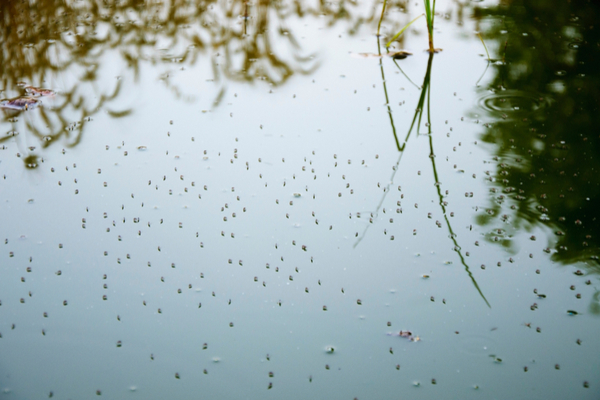
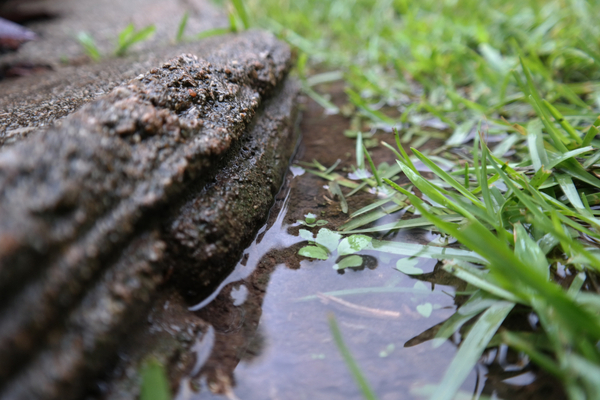
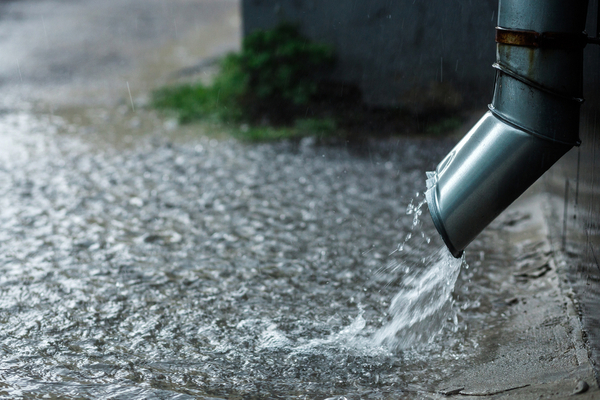
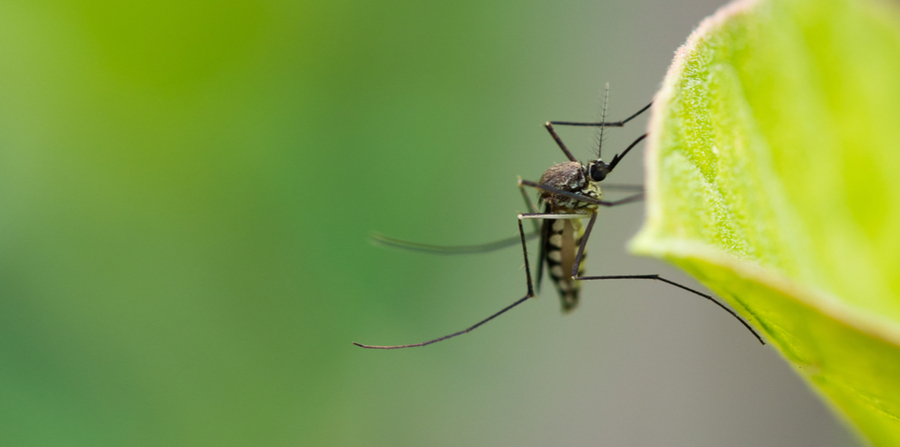
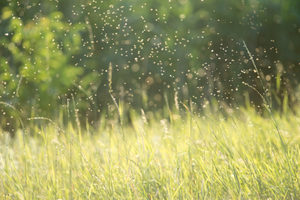 The primary factor that determines when mosquitoes reach peak activity is the
The primary factor that determines when mosquitoes reach peak activity is the 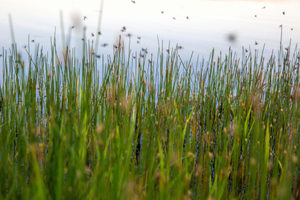 Although they can live just about anywhere,
Although they can live just about anywhere, 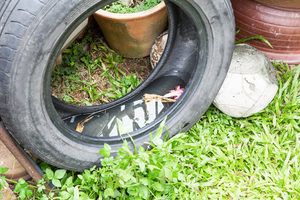 Mosquitoes can hunt anywhere, but they only live where they have a reliable source of water. If you can keep them from getting that water, you won’t have to
Mosquitoes can hunt anywhere, but they only live where they have a reliable source of water. If you can keep them from getting that water, you won’t have to